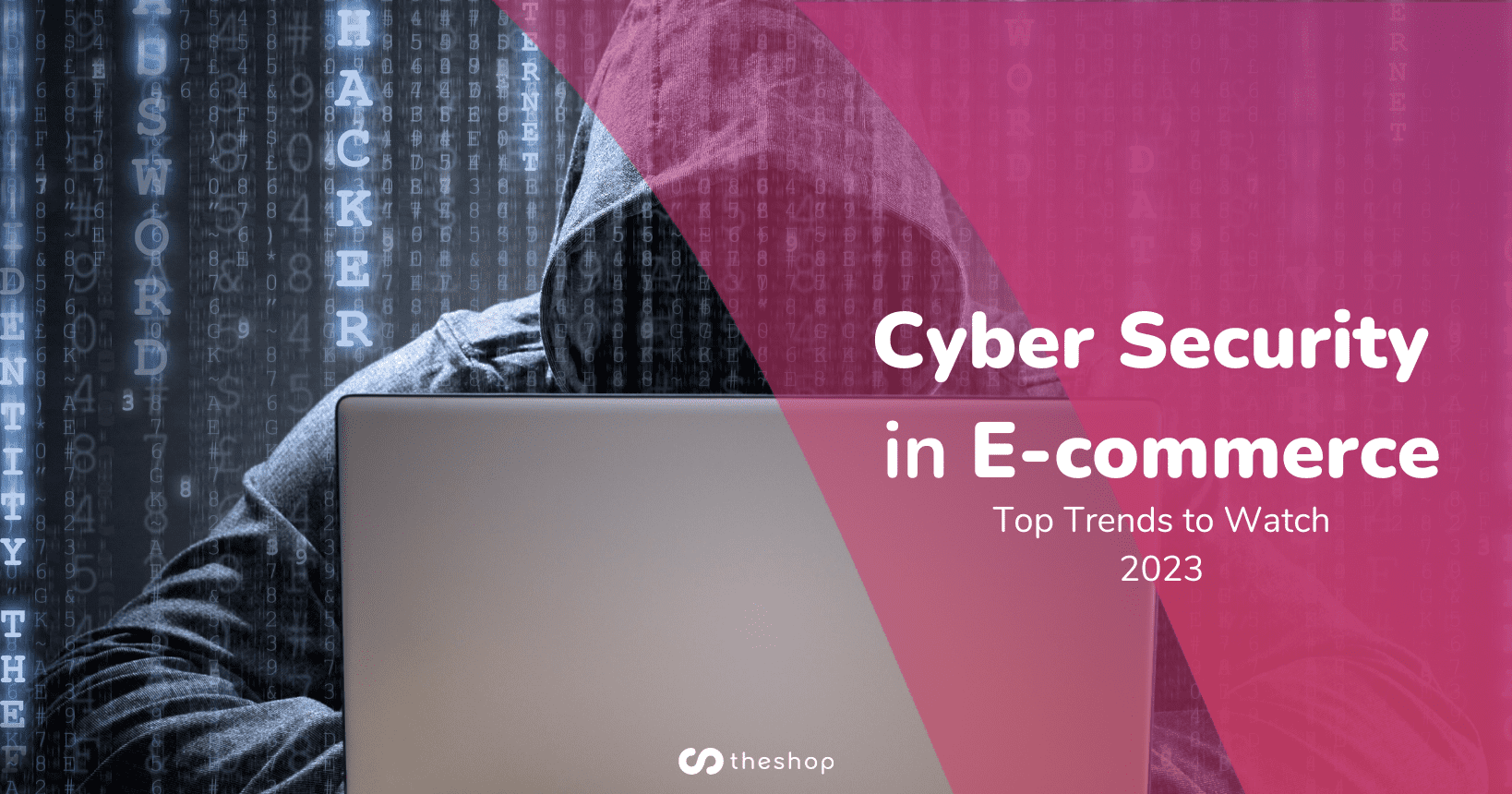As an e-shop owner, security should be at the top of your priority list. With cyber attacks becoming more sophisticated, it’s important to invest in robust security measures to protect your customers’ data. In this article, we’ll take a look at five essential security measures that every e-shop should have in place.
SSL Certificates
An SSL certificate encrypts the data that is transmitted between your website and your customers’ devices. This ensures that sensitive information such as credit card numbers and personal details are protected from hackers.
For example, in 2011, the online gaming company Sony was hacked and the personal information of 77 million users was stolen. The company had failed to install an SSL certificate on their website, leaving customer data vulnerable to attack.
Firewalls
Firewalls act as a barrier between your website and potential hackers, blocking any malicious traffic. They also help to prevent unauthorized access to your website’s data. Real-life example: Ebay is using firewalls to protect their site from hackers
For example, in 2014, the retail giant Target was hacked and the personal information of 40 million customers was stolen. The company had failed to properly configure their firewall, leaving their network vulnerable to attack.
Two-Factor Authentication
Two-factor authentication (2FA) adds an extra layer of security to your login process by requiring a one-time code in addition to a password. This makes it much harder for hackers to gain access to your website. Real-life example: Paypal is using two-factor authentication for added security.
For example, in 2016, the social media company LinkedIn was hacked and the personal information of 167 million users was stolen. The company had not implemented two-factor authentication, leaving user accounts vulnerable to attack.
Regular Software Updates
Regular software updates ensure that any known vulnerabilities in your website’s platform or plugins are patched and that you are protected from new threats. Real-life example: Shopify is regularly updating their software to protect their customer’s data.
For example, in 2017, the credit reporting agency Equifax was hacked and the personal information of 143 million customers was stolen. The company had failed to install a software update that would have patched a known vulnerability in their website’s platform.
Backup and Recovery
Regularly backing up your website’s data and having a recovery plan in place in case of a cyber attack is essential. This ensures that you can quickly restore your website to its normal operation in the event of an attack. Real-life example: BigCommerce is having regular backups and recovery plans in case of any cyber attack.
For example, in 2019, the hotel chain Marriott was hacked and the personal information of 500 million customers was stolen. The company had not properly backed up their data and had no recovery plan in place, making it difficult to restore their systems after the attack.
Conclusion
By implementing these five security measures, you can significantly reduce the risk of a cyber attack on your e-shop. Remember, it’s better to be proactive than reactive when it comes to protecting your customers’ data.
PS: The examples we provided, such as Sony, Target, LinkedIn, Equifax and Marriott were widely reported on by reputable news organizations such as The New York Times, Forbes, CNN and BBC. Additionally, these companies also made public statements regarding the attacks and what they were doing to prevent such incidents in the future.






